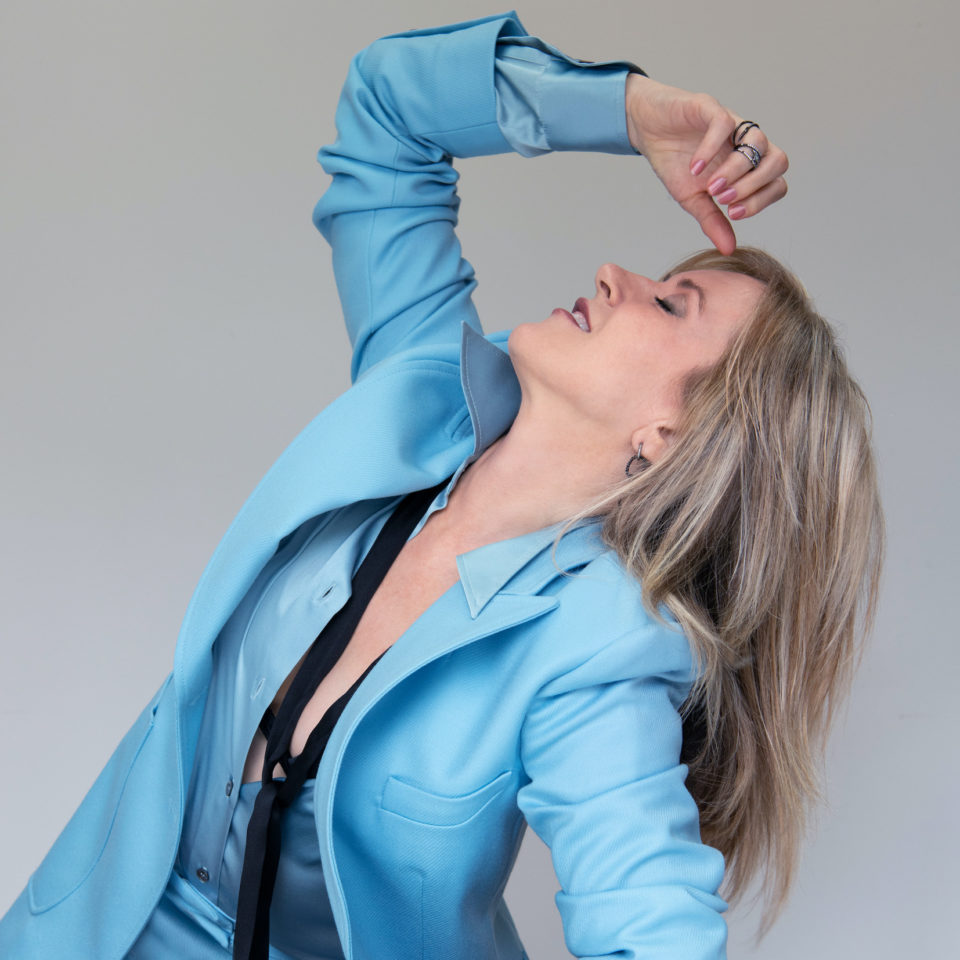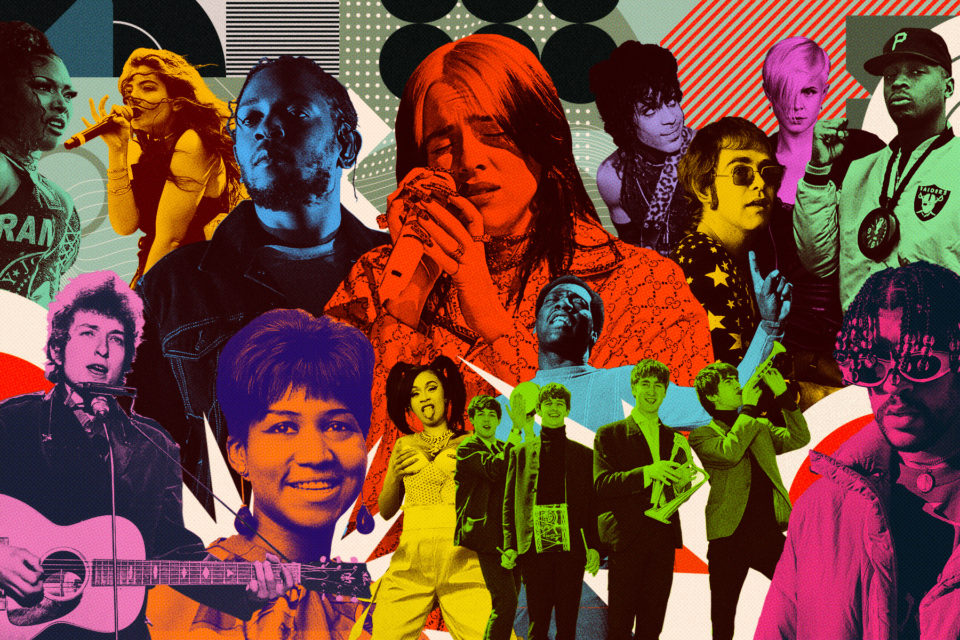By Mike Thomas
Chicago Magazine, September 9, 2021
■ I was a shy and introverted child. But there’s a picture of me as a baby: My white-blond hair is sticking straight up, like I stuck my finger in a light socket, and I have two little fists on either side of my head. Some family friends said, “She looks like she wanted to be born.” So there was a little fight in there from the beginning.
■ In college I had a big, thick tome called Modern Art. One day I started counting how many women were included, and it was shockingly few. I thought about that. What does it mean that you call a book Modern Art and it’s being taught at a progressive school like Oberlin College, yet it includes almost no female artists? That was a real eye opener. And I thought, No, no, no, you’re going to be counted.
■ With the success of Exile in Guyville, everything changed. It felt overnight, and I was not prepared. I had performed two shows when it came out. Sixteen months later, I’m on the cover of Rolling Stone. My recognition far outstripped my ability. One of my earliest gigs was at Metro. I was so scared and so inexperienced. Joe Shanahan had to push me out onto the stage. He literally had his hand on my back easing me out.
■ Insecurity or a feeling of not belonging is still a part of me. There are moments where I can’t even say my own name. I don’t feel like I can fill the shoes. If I call anywhere, it’s like I have a speech impediment getting the name out. I have to practice it: “Hi, Liz Phair. It’s Liz Phair.” I have to do it enough times to say it like I actually am that person.
■ I envy young Liz’s certainty. She seemed so on top. Everything now is a shade of gray. Back then it was just fire and drive. Even though I was deeply insecure underneath, which wreaked havoc in my romantic relationships, I don’t think I’ve ever felt more powerful.
■ In my friend group, it’s a running joke that, of all of us, I would become the rock star. It’s like, “Her? Liz?” Because that was not in evidence at all.
■ There is a huge hypocrisy in our culture where we embrace violence and shame sex. That makes no sense to me. Early on, I saw how female sexuality was used. Your body, your attractiveness, your appeal to men was going to be used by someone. And I just decided I would use it. I would try to own my sexuality and find a way to feel good about that.
■ To do this, to be a rock star, there’s a warping of your personality. There’s the whiplash of being at home more by yourself, writing and dreaming and imagining, then getting yanked back into being the big-energy performer and employer. When I’m on the road, I’m almost all rock star Liz Phair, wall to wall. And that’s a very comfortable place to be. But if I don’t take enough time to get back to my actual self, it becomes a problem.
■ I always knew I was adopted. It just wasn’t a big thing. I don’t want to find my birth mother, but I want to find out about her. I want to look without engaging. Having a child cured a lot of that for me, because I look at someone who’s genetically connected to me and it satisfies something. And I pretty much won the parent lottery, so it wasn’t like I had cause to look elsewhere. But I do think where you come from is meaningful. Even though we have stories about our family, they don’t totally feel like mine.
■ Do you remember those first few days of COVID lockdown, when the sky was so fucking blue? And there was this pause in human activity? It felt so precious. There was something deeply, deeply religious about that to me. I would like to somehow channel that energy again, postpandemic. I’m going to spend more time in nature. I’m going to be more snobby about the people I hang around with. I’m going to seek out beauty and art and things that inspire my spirit. I’m just going to be a little more intentional.
Featured Image: Liz Phair illustration by Kathryn Rathke









